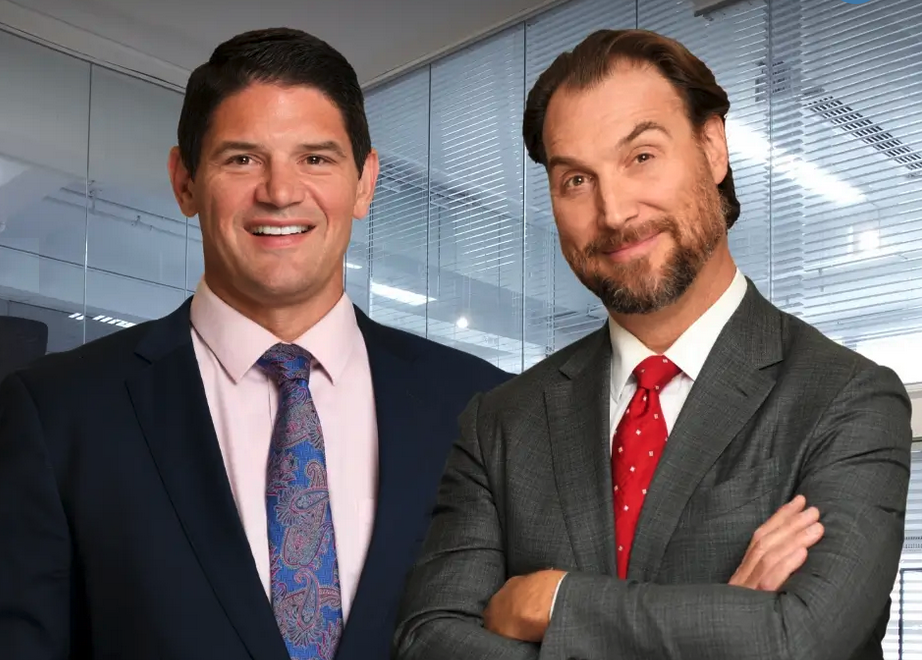Who’s at Fault in Rear-End Collisions? Legal Insights for Colorado Drivers
Of the millions of car accidents that take place on American roads every single year, a significant amount are rear-end collisions. The majority of these collisions are relatively minor, resulting only in minor property damage or no damage at all. Most drivers know that the driver of the rear vehicle is presumed to be at fault in a rear-end collision, but there are numerous factors that can affect liability. When you’re involved in a rear-end crash in Colorado, it’s important to talk to an attorney about your legal options. Call Colorado Accident Attorneys at 303-567-7981 to discuss your accident and find out if you’re entitled to compensation.
Rear-end collisions are commonly viewed as minor and far less dangerous than other types of collisions. However, research out of Berkeley shows that this isn’t necessarily the case. This research focused specifically on speed-related crashes. Rear-end collisions accounted for over 35% of all speed-related crashes resulting in fatalities and severe injuries, leading to more fatalities than overturned vehicles and head-on collisions.
What is the Presumption of Fault?
The presumption of fault is the idea that the rear driver in this type of collision is to blame for the crash. The idea is that the rear driver has a legal obligation to maintain a safe following distance at all times while driving. A safe following distance is one that allows the driver to come to a complete stop before hitting the driver in front of them—if they hit them, it’s either because they were following too closely or because they were too distracted to notice. In most cases, it’s safe to assume that the rear driver did not exercise reasonable caution while driving.
The presumption of fault is often useful in rear-end cases since many of these accidents are cut-and-dry. However, there are exceptions to every rule, and the same is true with rear-end collisions.
Factors Influencing Fault and Liability
A number of factors determine who is at fault for a rear-end accident. Your attorney will likely look at these factors in greater detail to figure out if you are owed compensation. The first and most obvious factor is the following distance. If the rear driver was tailgating or simply not leaving enough space, that’s an obvious issue and a sign of negligence.
Sudden stops can also affect liability. For example, if the front driver has to slam their brakes to avoid a deer running in front of their vehicle, there may truly not be enough time for the rear driver to stop. There are also situations where the front driver hits their brakes to antagonize the rear driver; this often happens when the front driver feels like they are being followed a little too closely.
Another complicating factor is chain reaction accidents. When multiple crashes happen as a result of one initial collision, determining fault and liability can be a logistical nightmare. In these situations, fault is often split among multiple drivers due to their actions and reactions to the crashes.
Challenging the Presumption of Fault
If a rear driver truly believes they are not at fault for a rear-end accident, they may face an uphill battle proving that someone else was negligent. It isn’t an impossible task, though—by working with a car accident lawyer, you can argue that the front driver was negligent or that another party’s actions contributed to the crash.
In many cases, the rear driver aims to prove that the front driver was negligent. This is common in situations like the one described earlier, where the front driver slams their brakes to force the driver behind them to either swerve or crash. This is an obviously malicious action that would likely make the front driver liable for the collision. They may also be liable if they were driving erratically, switching lanes rapidly and failing to leave enough space for the rear driver, or stopping without any apparent cause.
The rear driver may also consult other types of evidence to prove that they were not negligent. Useful evidence may include surveillance footage, witness testimonies, and statements from expert witnesses.
Fight for the Compensation You Deserve With Colorado Accident Car Accident Attorneys
If you’ve been injured in a car crash in Colorado, it’s time to find out if you’re owed compensation. Talk to one of our car accident lawyers about your options now—call us at 303-567-7981 or contact our team online to schedule a consultation.


